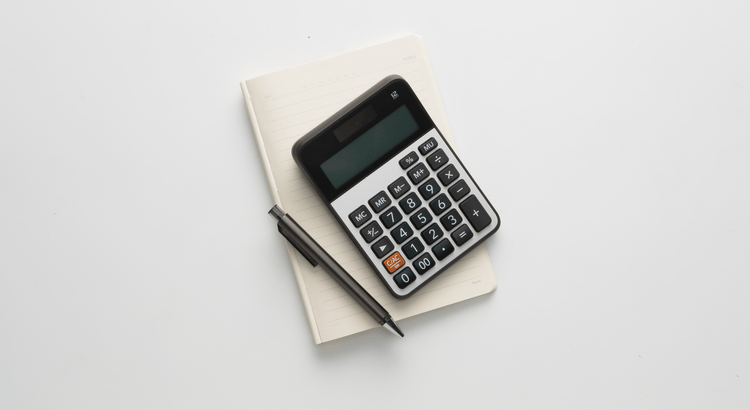
Since the supply of homes for sale is growing and mortgage rates are coming down, you may be thinking it’s finally your moment to jump into the market.

Since the supply of homes for sale is growing and mortgage rates are coming down, you may be thinking it’s finally your moment to jump into the market.

Since the supply of homes for sale is growing and mortgage rates are coming down, you may be thinking it’s finally your moment to jump into the market.

There are a number of reasons you may be thinking about selling your house.
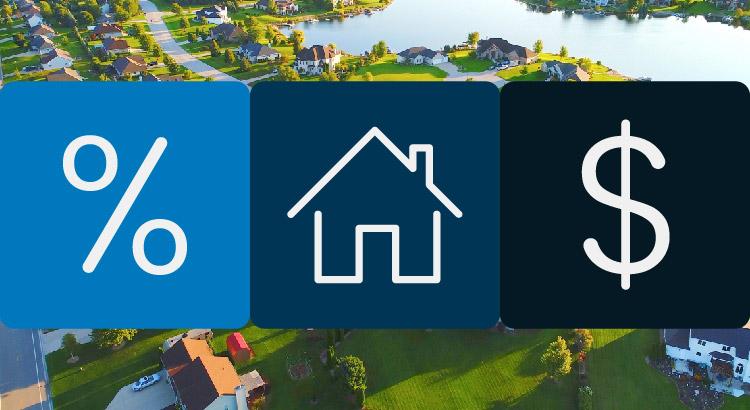
Thinking about making a move in 2025 and wondering what you can expect? Here’s what expert forecasts say lies ahead.
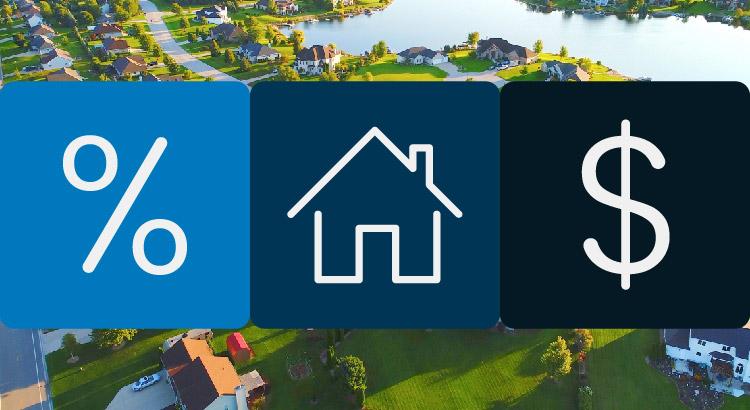
Thinking about making a move in 2025 and wondering what you can expect? Here’s what expert forecasts say lies ahead.
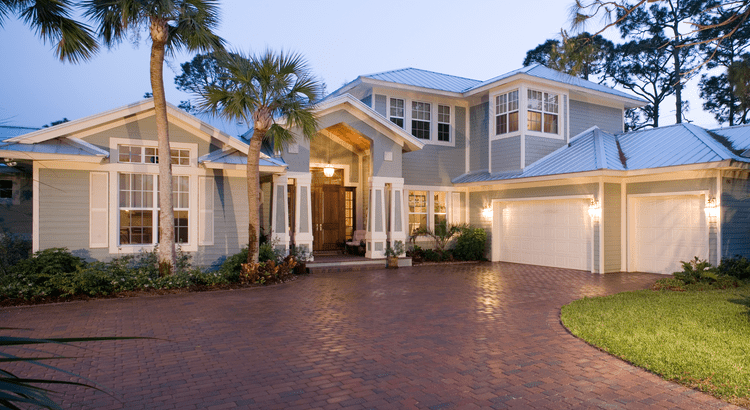
Luxury living is about more than just stunning views and cutting-edge smart home technology—it’s about elevating your lifestyle.
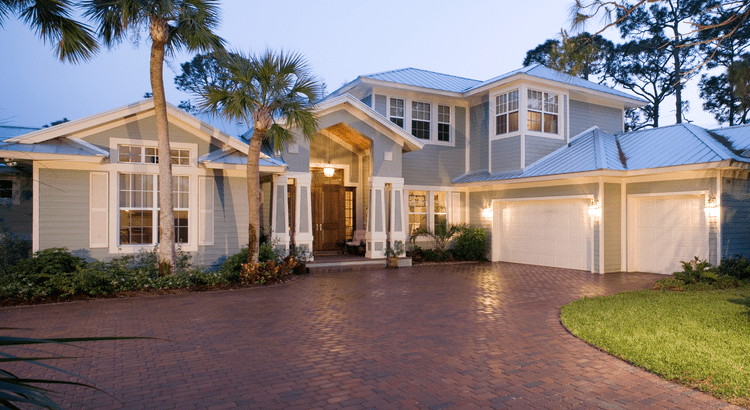
Luxury living is about more than just stunning views and cutting-edge smart home technology—it’s about elevating your lifestyle.

Now that it’s September, all eyes are on the Federal Reserve (the Fed).

Now that it’s September, all eyes are on the Federal Reserve (the Fed).

Are you on the fence about whether to sell your house now or hold off?